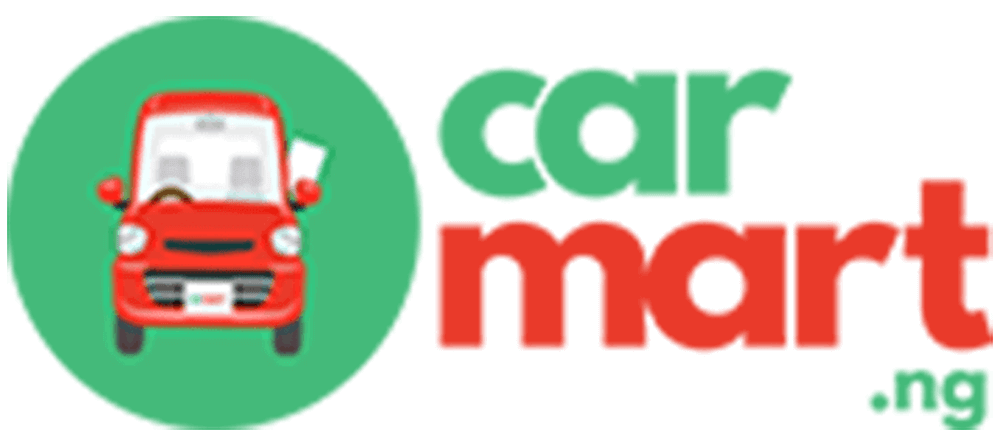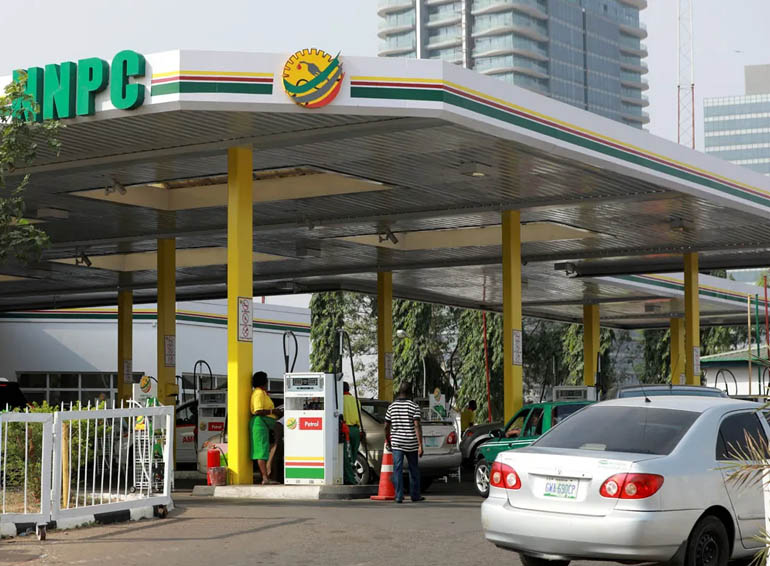Nigeria depends heavily on fuel imports as its refineries are not functioning. This leads to frequent shortages and long queues at filling stations. The fuel distribution system in Nigeria is caused by corruption and inefficiency, leading to saving and sidetracking of fuel meant for the general public. Fuel scarcity is a pressing issue in Nigeria, with long queues at petrol stations and disturbance to daily life becoming all too common.
Table of Contents
The transportation and distribution network for fuel in Nigeria is inadequate and poorly maintained, leading to delays and shortages. The government’s decision to remove fuel subsidies has led to higher fuel prices, making it difficult for many Nigerians to afford fuel.
Fuel: Fuel forms the primary energy source for most MSMEs (Micro, Small and Medium-sized Enterprises) and households, as electricity from national greed is barely available. Also, fuel is a major input in most MSMEs and households’ transport and logistic framework.
Causes of Fuel Price Increase In Nigeria
The proposed price increase in Nigeria is reportedly being driven by a combination of factors, which include:
Have 1 million naira and above to Buy or Sell Cars In Nigeria?Check carlots.ng RIght Now RIght Now
- The rising cost of crude oil on the international market
- The weakening of the naira against the dollar
- The high cost of distributing petrol within Nigeria.
Impact of High Cost of Fuel on General Public
The increase in fuel prices directly affects the daily lives of Nigerians. Transportation costs rise, leading to higher expenses for commuting to work, school, or other essential places. This burden is especially felt by low-income individuals struggling to make ends meet. With approximately 40% of the population living in extreme poverty, the increase in fuel costs further worsens the financial hardships faced by weak communities.
How Fuel Prices Affect Consumer’s Daily Lives
Fuel prices are an important part of our daily lives and serve as an economic sign that directly affects everyone. These prices impact various individuals and industries, from drivers to businesses. Some areas of our daily life affected by fuel costs include:
- Consumer Spending
High fuel prices impact consumer spending. For many car owners, rising fuel costs can restrict their other expenses. This can, in turn, reduce consumer spending and negatively affect the economy. Many car consumers express their concerns about the impact on their already-strained budgets. Chukwuemeka Nnaji, a taxi driver, voiced similar concerns. “My entire livelihood depends on affordable fuel. If the price goes up, I won’t be able to make ends meet. I’ll have to park my car and find something else to do, but what?”
- Transportation and Travel Costs
Fuel prices determine the daily travel and transportation costs for vehicle owners. High fuel prices lead to increased expenses for drivers and can stress individuals’ budgets. Long-distance travel, holidays, and business trips can become more expensive due to high fuel prices.
- Business Costs
Businesses rely on vehicles that use fuel for the transportation and distribution of their products. Therefore, when fuel expenses for businesses increase, product and service costs may also rise. These increases can be passed on to consumers as higher prices for final products and services.
- Optioning for Alternative Transportation Modes
High fuel prices can steer people toward alternative transportation modes. There may be a growing tendency to go for more economical options such as public transportation, cycling, walking, and ride-sharing services.
- Energy Efficiency and Vehicle Choice
Increasing fuel costs may encourage people to consider more energy-efficient vehicles and hybrid or electric cars. This can lead to long-term fuel savings.
As seen, fuel prices have an important impact on the economy, both in micro and macroeconomic terms. They are a crucial factor that needs to be constantly considered in various aspects of daily life and government policies. In Nigeria, if the fuel problem is solved and balanced, 60% of consumers’ problems are solved.
Have 1 million naira and above to Buy or Sell Cars In Nigeria? Check carlots.ng
All rights reserved. Reproduction, publication, broadcasting, rewriting, or redistribution of this material and other digital content on carmart.ng is strictly prohibited without prior express written permission from Carmart Nigeria - Contact: [email protected]






